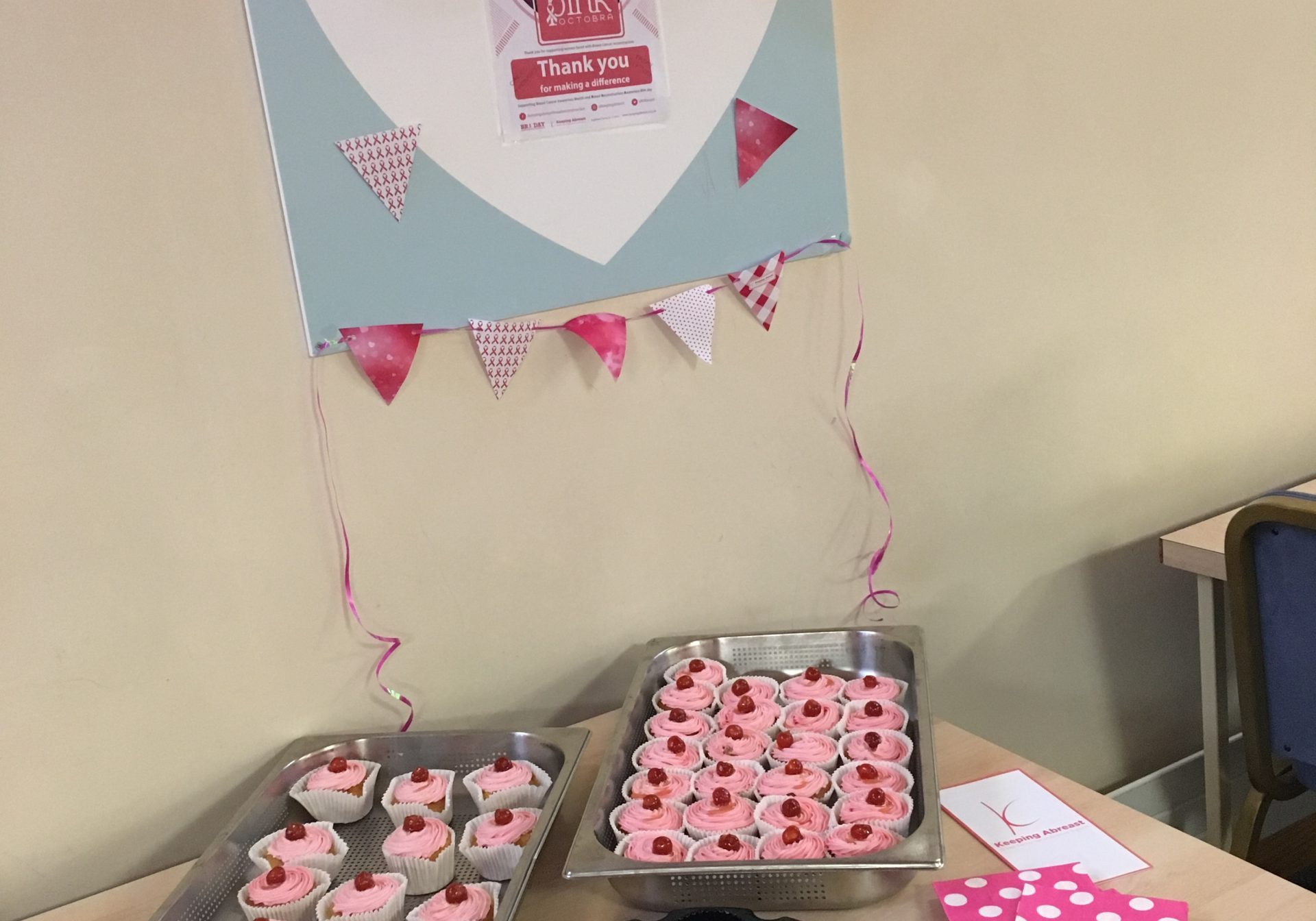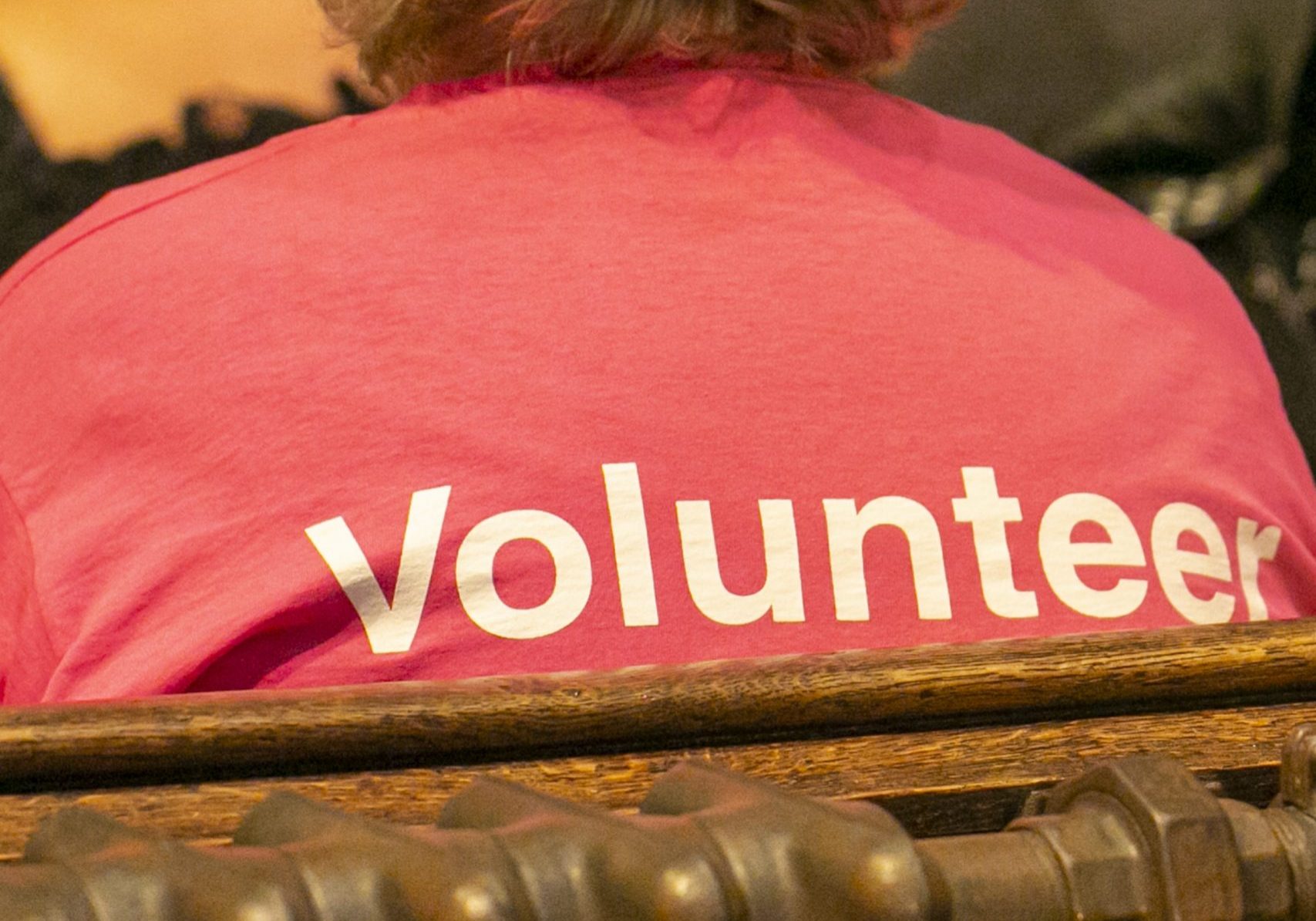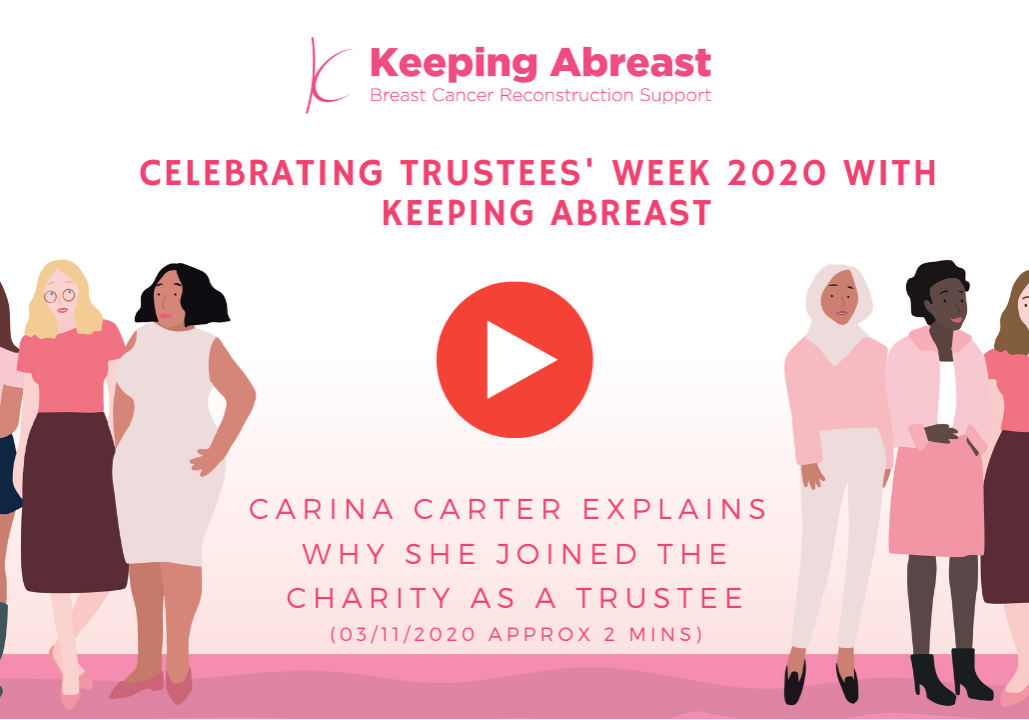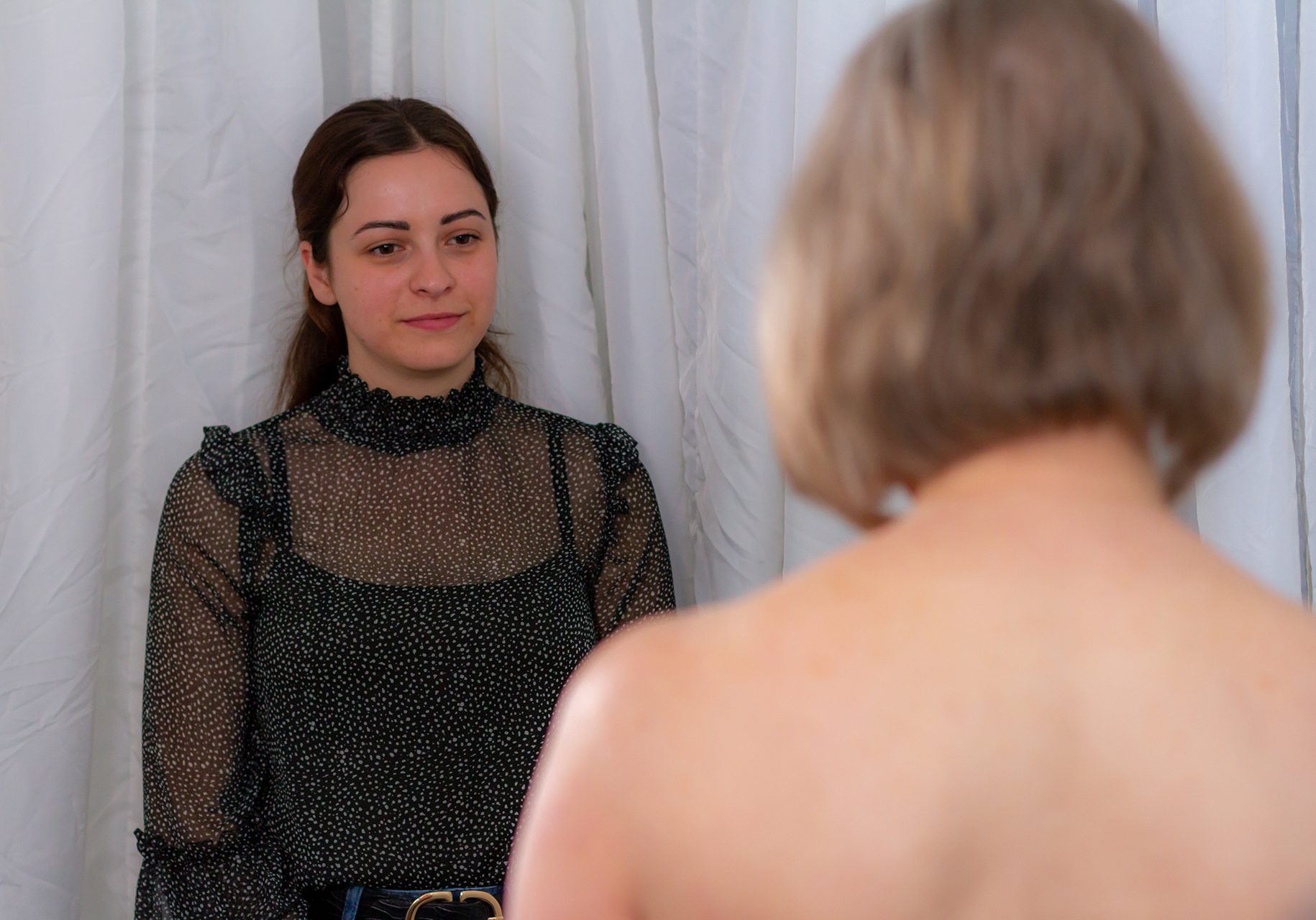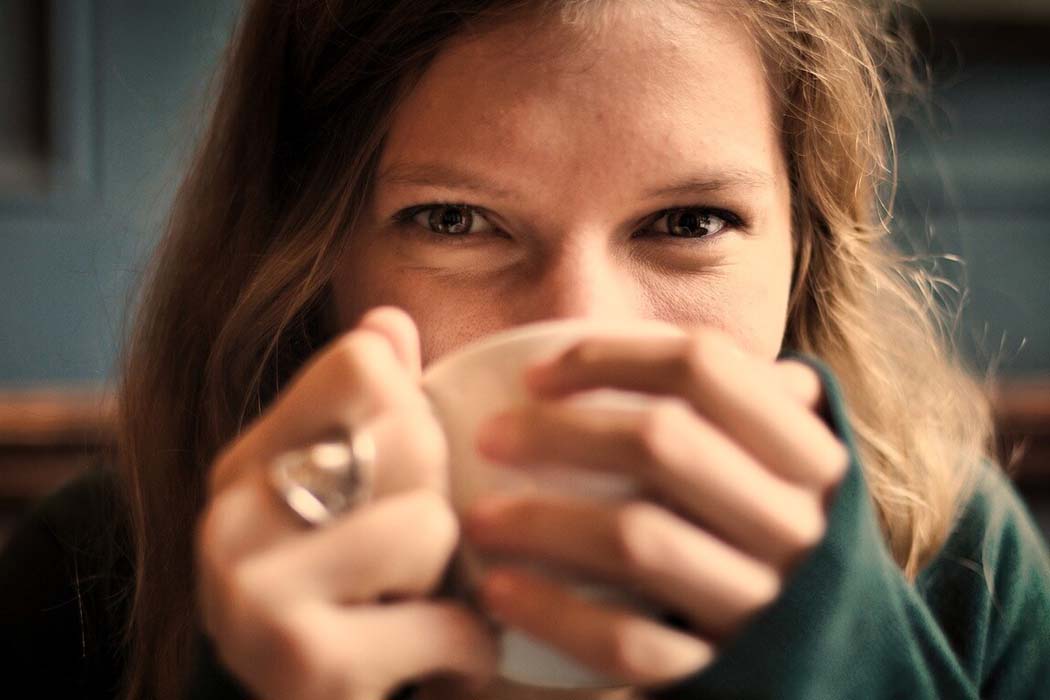
PERSONAL STORIES
A collection of interviews with and stories from women who have been affected by breast reconstruction
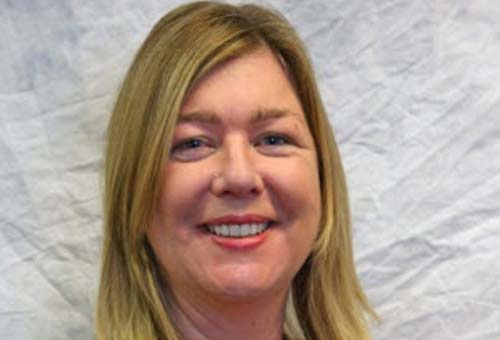
Personal Stories:
Nicola
Life is about decisions and choices.
There are popular choices, those that are easy to make – which we don’t give a second thought to, and there are more difficult decisions – where we spend time weighing up the options.
Difficult decisions prompt us to dig deep to find the courage to do what we need to do, sometimes in the nick of time.
In June 2010 I made the biggest decision of my life. I chose to have my healthy breast tissue removed. It wasn’t for cosmetic reasons and I wasn’t ill. It was because I knew that breast cancer ran in my family.
My first memory of breast cancer was of my paternal grandmother being ill when I was a child. I guessed that ‘cancer’ wasn’t a good thing even then. My grandmother was a fun loving lady but often looked frail and I saw the scars where her breasts had been removed. I was about 9 when my parents broke the news that my grandmother had died.
However, it was when I grew into my teens and my Mum’s mother was diagnosed with breast cancer that this story really starts. I was very close to my maternal grandmother. She had a firey spirit and was as stubborn as a mule, but I loved her. When she got ill it was scary, I had to get used to visiting hospitals. Then Nan started responding to treatment and for a while the fear in me subsided.
Unfortunately a few years later the cancer returned and after a very brave battle my Nan died. At the time I couldn’t believe things could be any worse. However, that same year my Mum was diagnosed with breast cancer around her 50th birthday. She had a cancerous lump removed from her breast. Mum had a really tough time with her chemotherapy and as I watched her lying exhausted in bed during her treatment the fear in me returned – was there no escape for the women in my family from this disease? It felt as if breast cancer was haunting our family.
It was then that I decided to go to my GP. I wanted to find out what was happening and if I was at risk. I was referred to a family history clinic at my local hospital. They looked at the facts and advised me not to worry too much because the risk of developing breast cancer increases with age and the relatives that I knew of were over 50 when they were diagnosed. They explained that it was probably just bad luck but suggested annual MRI screening as my breast tissue was too dense for mammography. Unfortunately my local NHS did not have the funding for the screening I needed. So I had to thoroughly check my breasts each month, worried about what I might find. No one could have prepared me for what happened next.
In 2005 just a few months after the birth of her daughter, my younger sister, Sam felt a lump in her breast. She’d had cysts before and her GP didn’t appear too worried despite the family history. My Mum however, wasn’t convinced and when my sister explained that her nipple had started to invert she was dragged back to the GP for a second opinion. Hospital tests confirmed it was breast cancer. Sam had treatment and both her breasts removed at the age of 28 and even started the process of breast reconstruction, but her cancer was very aggressive and she died at the age of 33.
Losing my sister turned my life upside down. As well as desperate grief I struggled with a real sense of guilt that was hard to explain and a renewed fear that I was destined the same fate. However, by some miracle Sam had taken a genetic test during her treatment and the result revealed a faulty BRCA2 gene in her DNA. The gene, which when it works properly usually protects against breast cancer.
Alongside other genes like BRCA1, BRCA2 has been linked to hereditary breast cancer.
I decided to take a genetic test. The clinic made it clear that I had a 50:50 chance of having inherited the faulty gene, and that even with a faulty gene it did not mean that I would develop breast cancer, it just increased my risk.
In 2010 my test came back positive for a fault in BRCA2. I was told that I had an 87% chance of getting breast cancer over my lifetime. I felt privileged to have this gift of knowledge, but overwhelmed and confused about what to do next.
I felt as though there was a ticking time bomb inside of me, and I didn’t know when the pin would be pulled. I tried to be positive, but the fear of what I watch my sister go through was ever present. It was incredibly emotional and I was terrified of wasting time. I needed to put things into perspective – I at least had choices, however hard they were to face. When I asked where I could go to for help there was no reply.
So I read books, I went online and I did all the research that I could manage. I looked at the choices available to me: do nothing, get regular screening or consider risk reducing surgery – each had its own pros and cons. It took many sleepless nights and hours of research for me to realise there really was no right answer, it was a balance of chance and choice.
My husband, Bill was incredibly supportive and we talked about the options together. Talking helped me think more clearly make my mind up, it seemed like a no brainer, I needed to have my breasts removed because the odds were just not worth the gamble. But the realisation of having a perfectly healthy part of my body removed hit me. I’d never even been ill or in hospital before.
Friends and family who I thought would understand struggled with my choice – asking if I really needed to do anything? And why didn’t I just wait and see if I got breast cancer first? some asked . Others belittled the option of surgery seeing it as a free boob job, which couldn’t be further from the truth.
Suddenly the only people I could talk to were professionals, giving me hard facts and their clinical advice. When what I really needed was to talk to someone who understood what it felt like to be in this position.
By now I had found Miss Sassoon, a plastic surgeon, to discuss how my breast might be reconstructed after the removal of my breast tissue. It was whilst I sat nervously in the waiting room that I first heard about Keeping Abreast. Ruth Harcourt, the breast nurse invited me along to a meeting and introduced me to Nikola Spooner, who had already had risk reducing surgery and was happy to share her experiences with me. Nikola was the first person I had met who was in a similar position to me. Nikola had kept a photo diary of all the stages of her surgery , being able to see the reality of surgery helped me to prepare myself for what was to come. We met regularly over the next few months, supporting one another as much as we could.
We often talked about how we felt like frauds attending a breast cancer support group, when we didn’t have cancer. We realised there must be other people just like us who needed help and decided to set up a group for people dealing with a family history of breast cancer. We called the group ‘Nick of Time’ , a play on our names , and the fact that we both felt that knowledge of our family history and breast cancer risk has enabled us to act in the nick of time.
After having my breast tissue removed I began the process of immediate breast reconstruction. The result isn’t as instant as the description suggests, it requires a few procedures and time for the body to heal and recover in between. Getting together with people through Nick of Time has allowed my emotional scars to heal too. Earlier this year I finally had my nipples reconstructed and tattooed, which is quite an experience!
‘Nick of Time’ organises get-togethers for people at risk of breast cancer, and their partners and families across Norfolk and Cambridgeshire, providing the opportunity to meet face to face and share different experiences. We have established links with the National Hereditary Breast Cancer Helpline and ‘Nick of Time’ now represents the East Anglia area as well as overseeing online support via Facebook page.
The group has also established BRCA+ Girly Getaway Weekends for ladies with a family history of breast cancer, which have become an annual event. The weekends give ladies the chance to unwind, have fun and build their own support networks whilst developing the skills to support one another.
Looking to the future, we are hoping to work more closely with the genetics team based at Addenbrookes and with the network of Keeping Abreast Support Groups to ensure that women discovering that they are at risk of hereditary breast cancer are able to make informed health choices which are right for them.
Alternatively, you can watch a range of informational videos on our YouTube channel.
About Us
Keeping Abreast was established in September 2007 by patients Anna Beckingham and Beverley Birritteri and Breast Reconstruction nurse specialist Ruth Harcourt. They recognised a great need for women, both newly diagnosed with breast cancer and facing the possibility of mastectomy, and also women further down the line who are also considering reconstructive surgery, to be able to meet and talk to other women who have been through similar experiences. This allows women make an informed choice about whether or not to proceed with breast reconstruction.
© 2021 © Keeping Abreast Breast Cancer Reconstruction Support Group, registered charity number: 1129522. Registered office: M&A Partners, 7 The Close, Norwich, NR1 4DJ

